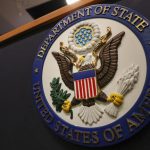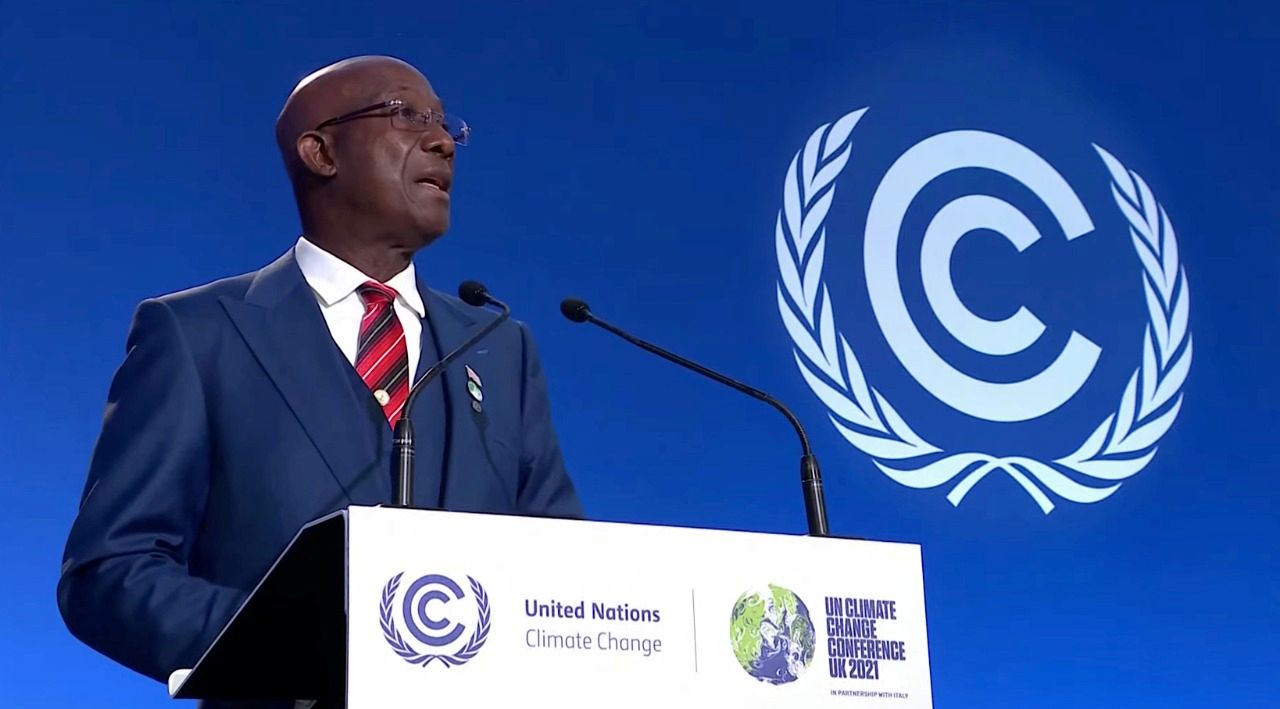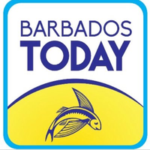Prime Minister Dr Keith Rowley is urging the public to rethink how it consumes fuel.
His appeal came during a post-Budget media conference at the Red House, Port-of-Spain, moments after Finance Minister Colm Imbert announced a hike in fuel prices.
Imbert announced an increase in the price of Super and Premium gasoline by $1 and diesel by 50 cents a litre. The adjusted prices are now $7.75 a litre for Premium, $6.97 a litre for Super and $4.41 a litre for diesel. These changes went into effect immediately yesterday.
Rowley said adjustments had to be made to the subsidy and Government made a conscious decision to cap it at $1 billion in order to allocate funds wisely to all other sectors.
“It is the Government’s deliberate judgment, after looking at the situation that we have come into a bit more revenue, that we will not use all that revenue to only subsidise fuel. Because you could have done that, …(but) it meant that we could have done nothing else for the country, including the people who would have benefited from that,” he said.
In light of this, Rowley urged citizens to be conscious of the increase and asked them to think of ways to reduce consumption.
“I must tell you, I have not heard any conversation yet from anybody in this country about how we could begin to think about how we operate in an environment where the cost of fuel is increased,” he said.
He said people are still purchasing the same cars without considering what their performance would be regarding fuel consumption.
He said there were several questions citizens could ask themselves and others to try to make a difference.
“How do I reduce my own fuel costs in some cases? Maybe you can’t do much about it, but you can at least ask is there any way that I can reduce my fuel costs? Do I still make all the trips I used to make? Do I still go as far as I used to go?
He also emphasised that public transport was always a viable option and even moreso with recent new additions of buses.
“We have not raised the cost of public transport, we bought seven new buses. Public transport is still available in most locations in the country.”
He said citizens also need to be smarter when planning trips, since it is their choice how they choose to commute to their destinations.
“When you travel, consider your fuel bill if you get in that traffic at a particular hour for no good reason and crawling to Port-of-Spain from Sangre Grande. You burnt up fuel. And if you had chosen to go at a different time, you wouldn’t have had to burn up. But nobody, nobody thinks about the cost of fuel when they plan a trip in Trinidad and Tobago.”
On another issue, Dr Rowley said the Government had not enacted a work-from-home policy, noting those measures were only implemented only as a response to the developing situation that the COVID-19 pandemic had created.
“The Government has not set about to have a work-from-home policy, except when you are forced during COVID,” PM said.
However, he pointed out that the country is also not appropriately equipped to make the transition from regular office-style work to working from home.
Prior to the PM’s speech, Tobago House of Assembly Chief Secretary Farley Augustine raised the hike in fares on both the seabridge and airbridge and asked if any measures would be put in place to help relieve the burden of costs on students enrolled at the University of the West Indies (UWI).
During the Budget, Imbert announced that the cost of flights on the airbridge would go from $150 to $200 one-way. Regarding the seabridge, people aged 60 and over who previously travelled free will now have pay $25 one-way, while standard tickets will be raised from $50 to $75 one-way. Premium cabins will also increase from $100 to $150 one-way, all effective January 1, 2023.
In response to Augustine’s question, the PM said no such measures for students had been put into place, since certain policies could not be tailored to individuals and had to be applicable across the board.
“The question is, how much does it cost to provide that service? It’s about seven or $800. And if you are asked to pay 200, that is how it ought to be looked at. It cannot be that you don’t like the fare of $200 because the fare is really a lot more, that fare carries between five and $600 per seat,” Rowley said.
He said the current prices were not the true cost of the seats between the islands, since prices had been absorbed and would have been accounted for in another sector.
“If you are going to make an issue of the cost of 200, you must acknowledge that it is being paid for in much larger measure somewhere else by somebody else, the other taxpayers, which is what that $600 is, because the Government doesn’t own any money, Government spends taxpayers’ money, other taxpayers pay $600 you pay 200 to give you the seat, that is how the population should look at these subsidies. And it is in water, it’s electricity, it is in transport between the islands. It isn’t wherever the subsidy is,” Rowley added.










